Lexicomp is a drug reference solution for hospital wide or community pharmacists. Lexicomp features intuitive navigation, drug monographs, and drug interaction screenings to help pharmacists increase efficiency and improve workflow throughout the pharmacy. This resource is designed to connect you to drug answers quickly and efficiently, providing pharmacists, physicians and nurses with timely and relevant drug information.
- At Lexicomp, we make it our business to tackle the most critical and challenging areas of drug decision support, and this is just one example. We gathered world-renowned experts in nephrology and pharmacology to expand and advance renal dosing content and provide clinical context for those recommendations. Where other drug information may provide the basics, we have an unparalleled commitment to supporting clinicians as they make decisions not only in the straightforward cases, but in the most complex. We achieve this through our unmatched multidisciplinary editorial team that anticipates clinicians’ needs when treating patients with varied medical conditions, and through our formulary and advanced machine learning technology, delivering that relevant information quickly and across solutions.
- Lexicomp also offers mobile apps that are unique in the industry for being as extensive as our online drug reference offerings. No content is abridged. Users can reach over 20 databases, featuring timely, in-depth information on drugs, natural products, interactions, medical calculations and more, whether in the hospital, in the pharmacy or on the go.
- Lexi-Drugs
Our most comprehensive database, Lexi-Drugs provides clinicians with in-depth information on: Adverse reactions, Canadian brand names, dosing, FDA special alerts, medication safety issues, pharmacodynamics/kinetics, and trade names from over 100 countries. Lexi-Drugs covers every patient population, as well as the following clinical specialties: Pharmacy, nursing, internal medicine, cardiology, oncology, psychiatry, anesthesiology, and dentistry.
- Pediatric and Neonatal Lexi-Drugs
Specifically designed for Pediatricians, other clinicians who work with pediatric patients, or in any situation in which pediatric dosing information is required. This database contains detailed dosing recommendations that have been researched and compiled by pediatric specialists. It includes over 1,100 drugs, with monographs that cover up to 60 fields of information, including very detailed neonatal and pediatric dosing.
- AHFS Essentials (Adult and Pediatric)
Derived from the more extensive and detailed AHFS Drug Information, the AHFS DI Essentials database provides a deeper level of actionable drug information and includes off-label uses. This database is ideal for more detailed questions at the point-of-care. The drug monograph content is derived from AHFS Drug Information, a premier source of meticulously evidence-based drug information. Includes information on safe drug use in pregnant and breast-feeding women, off label uses, and an overview of the drug’s pharmacologic actions and effects.
- AHFS DI (Adult and Pediatric)
This database provides the deepest level of drug information with off-label uses and recommendations from an authoritative source. A recognized Official Compendium by the US Congress, this is the only drug information resource published from a professional scientific association. Lexi-Comp ONLINE gives you the ability to search this database as well as link to this information directly from a Lexi-Comp or AHFS Essentials drug monograph.
- Lexi-Drugs International [Concise]
Lexi-Drugs International contains abbreviated monographs for drugs that are available outside of North America. The database is intended to provide a general overview of the use and pharmacologic classification of the drug, including basic information on dosing and dosage forms.
- Geriatric Lexi-Drugs
This specialized database contains over 840 geriatric-sensitive drug monographs, supplying up to 31 key fields of information. Extensive information on drug interactions and drug dosing in the elderly and adult populations is included, as well as dosing adjustments for patients with renal/hepatic impairment. Special geriatric considerations are covered.
- Natural Products Database
The Natural Products database provides valuable clinical information for commonly used natural products. Each monograph includes a Clinical Overview section and then additional in-depth fields that provide a detailed discussion of the use, dosing, adverse reactions, and interactions of each natural product.
- Pharmacogenomics
Pharmacogenomics presents information concerning key genetic variations that may influence drug disposition and/or sensitivity. This database provides a foundation for all clinicians who will be called on to integrate rapidly-expanding genomic knowledge into the management of drug therapy. This product is a great introduction to pharmacogenetic principles, as well as a concise reference on key polymorphisms known to influence drug response.
- Infectious Diseases
This all-inclusive database assists in the diagnosis and treatment of infectious diseases, combining disease syndromes, organisms, diagnostic tests, and antimicrobial therapy into one easy-to-use reference.
- Lab Tests and Diagnostic Procedures
With this database, obtain detailed descriptions of diagnostic tests and procedures, as well as current information concerning the background and context of laboratory tests. Access information on patient preparation, specimen collection/handling, and clinical test result interpretation within numerous clinical areas and diagnostic disciplines.
- Comparative Efficacy
Detailed evidence summaries of randomized controlled trials provided by the Formulary Monograph Service that describe information regarding study design, patient population, interventions, study source funding, primary and secondary endpoint analysis, general commentary analysis of study, and identified limitations.
- Patient Education – Disease and Procedure
Lexicomp, in collaboration with UpToDate, provides a database that contains over 4,000 leaflets outlining Conditions, Procedures, Discharge Instructions, and Healthy Living topics to assist in educating patients. All of the leaflets are available in Spanish. In addition, over 440 of the most frequently accessed leaflets are also available in 19 languages.
- Patient Education – Adult Medication
Lexi-Patient Education, Lexicomp’s patient advisory database, provides vital information on over 1,800 adult medications. Lexi-Patient Education follows a question-and-answer format ideal for patient counseling. Our patient advisory leaflets support compliance with JCAHO standards and are written at an easy-to-comprehend reading level. The medication leaflets are available in 19 languages.
- Patient Education – Pediatric Medication
Lexi-Patient Education, Lexicomp’s patient advisory database, provides vital information on over 1,000 pediatric medications. Lexi-Patient Education follows a question-and-answer format ideal for patient counseling and is directed at the parent/guardian. Our patient advisory leaflets support compliance with JCAHO standards and are written at an easy-to-comprehend reading level. The medication leaflets are available in 19 languages.
- Patient Education – Natural Products
Lexicomp provides a database that contains over 125 leaflets outlining Natural Product topics to assist in educating patients. All of the leaflets are available in Spanish.
- Facts and Comparisons A to Z Drugs
A to Z Drug Facts contains synoptic drug monographs for US products. Includes product information, dosing, contraindications/warnings, adverse reactions, pharmacology/pharmacokinetics, drug class, pronunciation, and patient education.
- Lexi-Tox
Lexi-Tox is a toxicology resource designed for point-of-care use in the assessment, diagnosis, and treatment of poisonings and drug overdoses. This module contains information on agents of toxicity (including chemicals, pharmaceuticals, envenomations, nuclear, biologic, and terrorism agents), as well as nontoxic agents, antidotes and decontaminants, household products, toxicology-specific calculations, and a drug identification tool.
- Drug Allergy and Idiosyncratic Reactions
Drug Allergy and Idiosyncratic Reactions addresses drug allergies, including reactions by drug class, considerations when managing patients with reported allergies, and more. This innovative database is based on integration of scientific and clinical literature and offers unique insight on allergic mechanisms, concepts, and categorizations. In addition, this database discusses idiosyncratic reactions which may be confused with allergy, either due to clinical presentation or patient-reported events. This data will assist the clinician in addressing allergy-related issues which are often difficult to interpret in clinical practice.
- Facts and Comparisons Off-Label
This database provides detailed monographs describing off-label uses of medications, including evidence ratings and a fully referenced summary review of the supporting literature, as well as guidelines and results from key clinical studies.
- Briggs Drugs in Pregnancy and Lactation
Briggs’ Drugs in Pregnancy and Lactation provides information on a medication’s effects on the fetus during pregnancy and on the breast-feeding infant. It also includes pregnancy and breast-feeding recommendations with links to Briggs’ definitions and in-line reference links to PubMed.
- Facts and Comparisons REMS
This database includes summarized content of a manufacturer’s Risk Evaluation and Mitigation Strategy (REMS), which has been deemed necessary by the FDA in order to help ensure that the benefits of a drug or biological product outweigh its risks. Includes a brief overview of the REMS program and the requirements for pharmacies, prescribers, dispensing, medication guides, quantity limits, documentation, and monitoring.

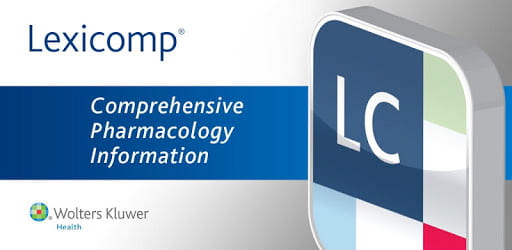

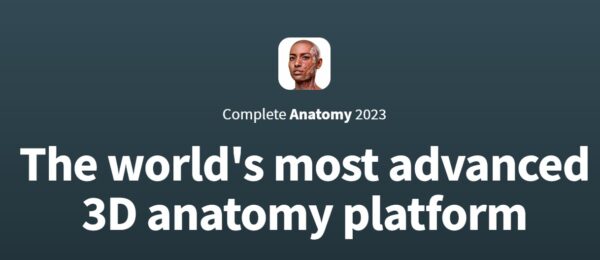

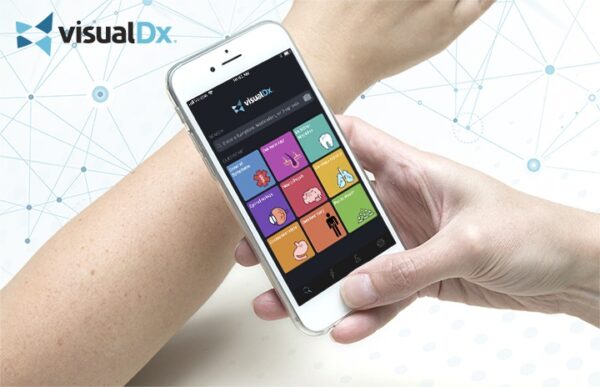

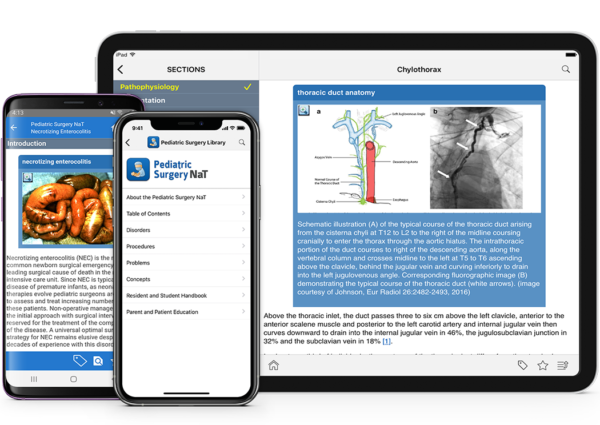
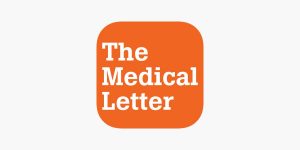
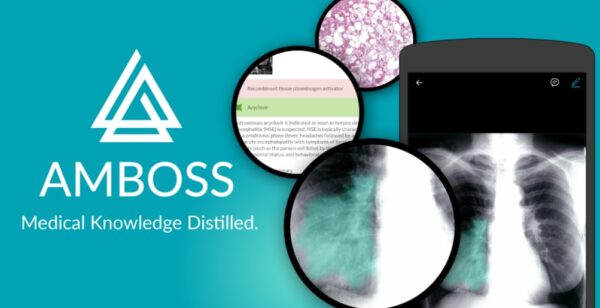


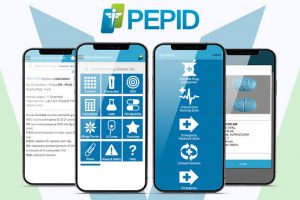
Reviews
There are no reviews yet.